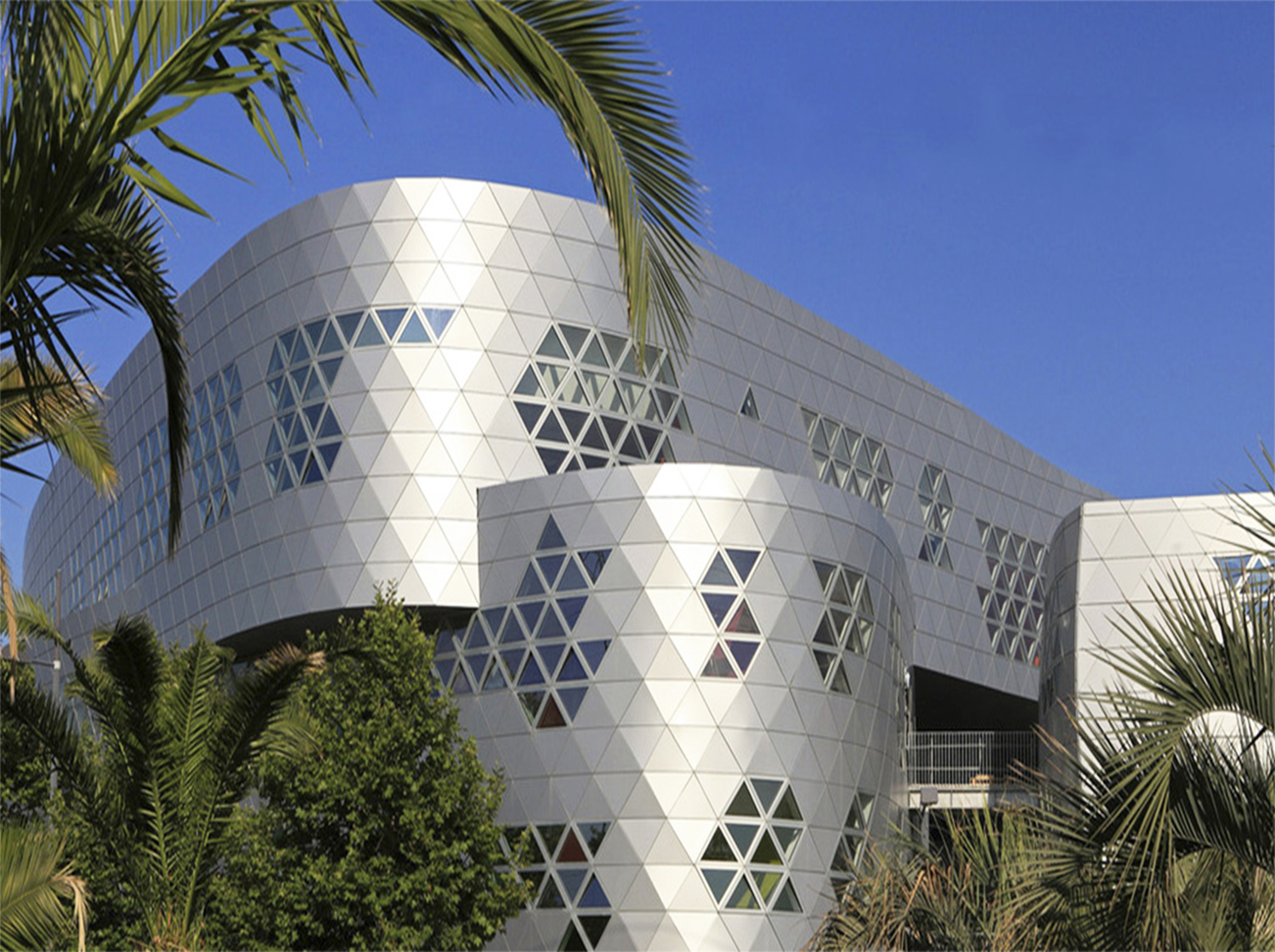In the realm of construction materials, aluminum stands out as a shining example of versatility and efficiency. Its lightweight nature is one of its most prominent features, offering numerous advantages that significantly impact the construction industry. Let's delve into why this characteristic makes aluminum a preferred choice for builders and engineers alike.
Featherweight Advantage
Aluminum is exceptionally lightweight when compared to many other metals traditionally used in construction, such as steel or iron. This inherent property of aluminum plays a pivotal role in various aspects of construction projects:
Ease of Handling: The lightweight nature of aluminum simplifies the handling process at construction sites. Unlike heavier metals, which require more robust equipment and greater physical exertion to lift and maneuver, aluminum can be managed with relative ease. This reduces the strain on construction workers and enhances overall efficiency.
Transportation Efficiency: Whether it's across the city or the globe, transporting aluminum is far less cumbersome compared to heavier materials. This reduces logistical challenges and costs associated with shipping, contributing to smoother project timelines and budget management.
Structural Applications: Despite its light weight, aluminum boasts impressive structural integrity. It is used extensively in modern construction for various structural components, Facades, and cladding. Its strength-to-weight ratio makes it particularly suitable for applications where reducing overall weight without compromising structural performance is crucial.
Practical Applications
The lightweight nature of aluminum opens up a multitude of practical applications across diverse construction scenarios:
Facade Systems: aluminum panels are commonly used in building facades due to their lightweight properties, ease of installation, and design flexibility.
Roofing Solutions: Lightweight aluminum roofing sheets provide durable protection while minimizing structural load and simplifying installation.
Interior Design: From partitions to suspended ceilings, aluminum's lightweight nature allows for creative and functional interior design solutions.
Transport Infrastructure: Aluminum is also integral to the construction of bridges and other transport infrastructure, where its low weight reduces stress on supporting structures.
Environmental Benefits
Beyond its practical advantages, aluminum's lightweight nature aligns with sustainable construction practices:
Energy Efficiency: The lighter weight of aluminum reduces energy consumption during transportation and installation, contributing to lower carbon footprints associated with construction projects.
Recyclability: Aluminum is highly recyclable, retaining its quality without loss of properties through repeated recycling processes. This reduces the demand for primary aluminum production and minimizes environmental impact.
Conclusion
In conclusion, the lightweight nature of aluminum stands as a cornerstone of its appeal in modern construction. Its ability to combine strength with reduced weight not only enhances construction efficiency but also supports sustainable building practices. As the construction industry continues to evolve towards more efficient and environmentally conscious solutions, aluminum remains a steadfast choice, embodying innovation, reliability, and durability in every structure it helps create. Whether shaping skyscrapers or enhancing residential spaces, aluminum's lightweight excellence continues to pave the way for a brighter, lighter future in construction.

